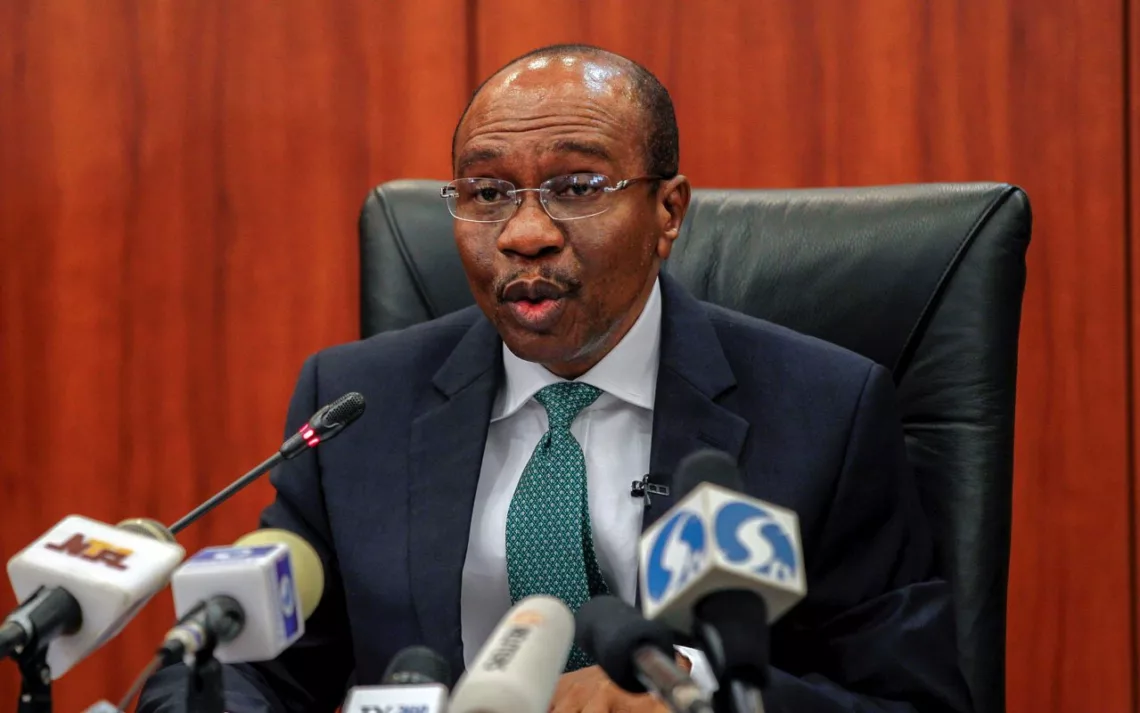Commercial activities resumed in the new week yesterday with mixed feelings by Nigerians on the acceptance of the old N200, N500 and N1,000 notes as some businesses and banks rejected the old notes while some paid the old notes over the counter.
This is even as the Central Bank of Nigeria(CBN) has said, it is abiding with the ruling of the Supreme Court.
Last week, the Supreme Court, had in a ruling on last Wednesday, suspended the CBN deadline for demonetisation policy and fixed February 15 for hearing on the matter.
Attorney General of the Federation (AGF) and minister of Justice, Mr. Abubakar Malami, had said, while the federal government would obey the Supreme Court ruling, it would take necessary steps to set aside the interim order.
A bank staff said they had been instructed to commence disbursing the old notes. “I know one of our branch that has already started dispensing the old note. But we do not have any and we are yet to get deposits that we can disburse,” she said.
Mrs Akande, a teacher said, she had received old notes at the Automated Teller Machine (ATM) of a bank in Iyana-Ipaja area of Lagos.
However, some businesses had begun rejecting to the old notes, although majority of small businesses and transporters have continued to transact with the old notes.
Alhaja Hassan, a retiree who sells groceries, had stopped collecting old notes.
According to her, she had sent her girl to get drugs for her at the pharmacy but they had rejected the old notes, thus her decision to refuse the old notes.
The scarcity of the new notes had led to most Nigerians, particularly, small informal businesses, transporters and those in the rural areas transacting with the old notes.
As the CBN had mopped up over N2 trillion of the old notes from circulation, the old notes had also become scarce leading to some individuals selling and hoarding cash.
As at Monday morning, banking agents popularly known as POS agents were collecting N800 to give N5,000 in old notes and N1,000 to give N5,000 new notes.
Meanwhile, some banks which had locked their doors to customers last week in the wake of violence against their staff had begun opening up for businesses.
Chief executive of the Center for the Promotion of Private Enterprise (CPPE), Dr Muda Yusuf noted that the small businesses and the ordinary citizens were the biggest victims of the unspeakable disruption and hardship inflicted by the impractical deadline given by the CBN on cash swap as they are the biggest users of cash.
He urged the CBN to “immediately allow the old and new currency notes to co-circulate until such a time when the old notes are gradually and completely withdrawn. This is global best practice. This should happen between within a space of three to six months.
“Meanwhile, all the cash that has been mopped up should be released to their owners, unless there are reasons to suspect such lodgments, and this should be escalated to the antigraft agencies. Citizens that have lodged their cash for purposes of the cash swap should be allowed unfettered access to their money.”





